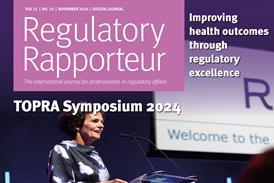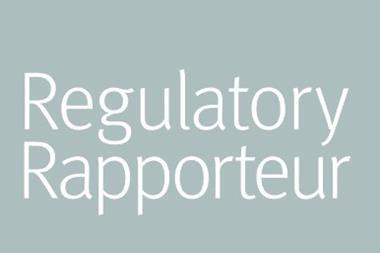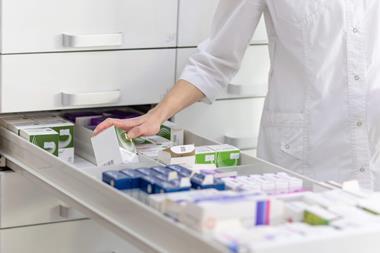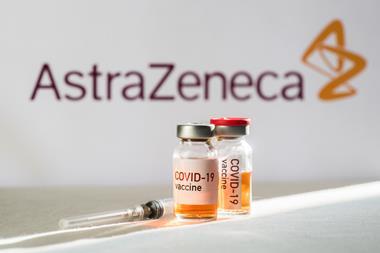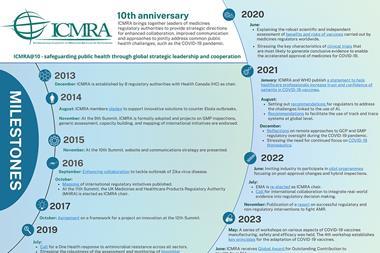Following the successful completion of the first round of the International Coalition of Medicines Regulatory Authorities (ICMRA) pilots for collaborative assessment and inspection of post-approval changes (PACs), regulatory agency leaders are encouraging more companies to come forward and submit proposals for the second round of pilots.

Applications will be accepted until the end of 2025 and up to five projects will be chosen for both the Collaborative Assessment Pilot and the Collaborative Hybrid Inspection Pilot.
The pilots have been developed under the Pharmaceutical Quality Knowledge Management (PQKM) initiative within the ICMRA, led by the European Medicines Agency, the US Food and Drug Administration and a subgroup focused on PACs.
Agencies participating in the first round of pilots, either actively or as observing authorities, include those from the UK, Japan, Switzerland, Canada, Ireland and Israel. Companies involved were Roche, AstraZeneca, Merck Healthcare KGaA, Gilead and MSD. Reports on both of the pilots, as well as further information and application forms, are available on the ICMRA PQKM webpage.
The PACs that have been successfully addressed in the pilots so far range from a new drug substance (DS) and drug product manufacturing site, new QC testing sites, to changes to a DS manufacturing site. The medicinal products have encompassed two chemical molecules, two monoclonal antibodies and an antibody drug conjugate.
At both the March Drug Information Association (DIA) Europe and the June DIA Global conference sessions, regulators and industry participants have discussed the lessons learned from the pilots and have encouraged companies to submit suggestions for the next round of pilots, which could include a broader range of products and participating regulatory agencies.
Industry feedback on the pilots has been overwhelmingly positive, noting that minimal additional resources were required and usual timelines were met. However, for regulatory agencies, there has been more work involved in participating in collaborative discussion meetings. Acknowledging the resource requirements for collaborative assessments and hybrid inspections of this nature, the PQKM PAC team advises that future proposals should consider the following:
Collaborative Assessment Pilot
- The pilot’s alignment with the PQKM project scope remains unchanged, aiming to facilitate timely approvals to strengthen the supply of critical medicines. Details can be found in the Overall Plan for the Collaborative Assessment Pilot
- Proposals should be for high-impact changes for medically important treatments, including generic drugs and biosimilars, and applications which will have a positive impact on medicine supply and support manufacturing innovations that could strengthen the supply of critical medicines
- Proposals should contain clear justification for the measurable impact on supply and explain why the proposal should be prioritised for inclusion in the pilot
Collaborative Hybrid Inspection Pilot
- Priority will be given to those proposals that have a measurable, positive impact on global supply and public health. Details can be found in the Overall Plan for Hybrid Inspection
- Proposals should be for changes for medically important treatments, including generic drugs and biosimilar products, and support manufacturing innovations that could strengthen the supply of medicinal products
- Proposals with sites that allow two or more regulatory authorities to participate, not being limited by mutual recognition agreements, will be prioritised
- The Collaborative Hybrid Inspection Pilot continues to focus on sites requiring an inspection to support submissions of manufacturing changes but will also consider sites where at least two participating authorities have a common interest for a pre-approval inspection
Applicants are encouraged to contact the PQKM Pilot Coordination Group to discuss potential future applications using the following email addresses:











